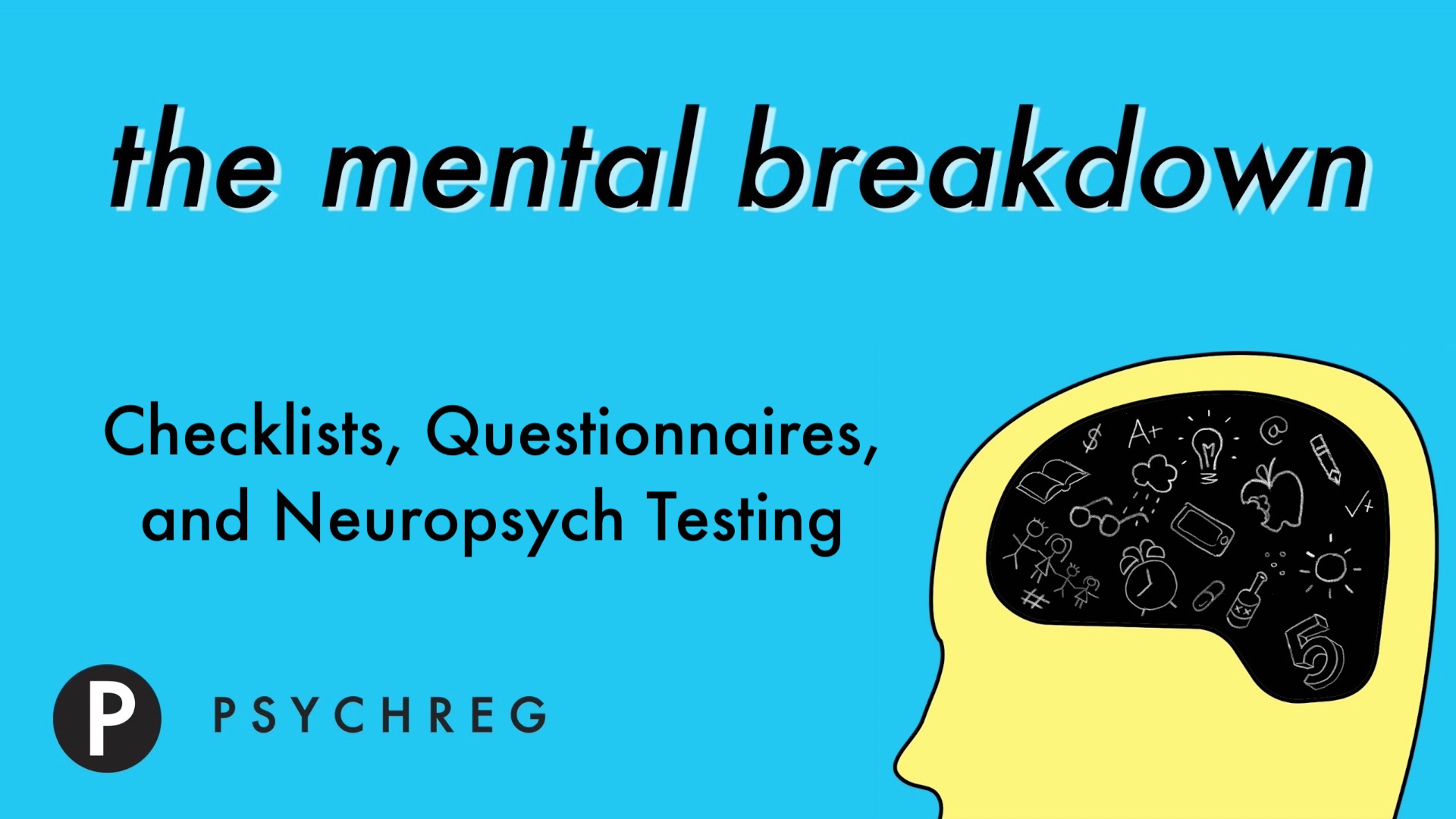Checklists, Questionnaires, and Neuropsych Testing
Welcome to The Mental Breakdown and Psychreg Podcast! Today, Dr. Berney and Dr. Marshall discuss the components of an adequate ADHD evaluation.
Read the articles from the Attention Deficit Disorder Association here and from the Centers for Disease Control and Prevention here.
Dr. Berney and Dr. Marshall are happy to announce the release of their new parenting e-book, Handbook for Raising an Emotionally Healthy Child Part 2: Attention. You can get your copy from Amazon here.
We hope that you will join us each morning so that we can help you make your day the best it can be! See you tomorrow.
Become a patron and support our work at http://www.Patreon.com/thementalbreakdown.
Visit Psychreg for blog posts covering a variety of topics within the fields of mental health and psychology.
The Parenting Your ADHD Child course is now on YouTube! Check it out at the Paedeia YouTube Channel.
The Handbook for Raising an Emotionally Health Child Part 1: Behavior Management is now available on kindle! Get your copy today!
The Elimination Diet Manual is now available on kindle and nook! Get your copy today!
Follow us on Twitter and Facebook and subscribe to our YouTube Channels, Paedeia and The Mental Breakdown.
Please leave us a review on iTunes so that others might find our podcast and join in on the conversation!
The Mental Breakdown Podcast is now on Google Play Music!
Podcast: Play in new window | Download
Subscribe: RSS
2 Comments so far
EmPosted on10:49 am - Jun 22, 2018
Why are you only talking about children with ADHD? What about adults who are only then in adulthood getting diagnosed with it? I myself was 21 when I was diagnosed and my friend was 40. It explains both our childhoods perfectly. If it is such a popular diagnosis why didn’t anyone catch it till adulthood for many of us?

About the author